Does salt water put out fire, or does it create more problems than it solves? This is a common question, especially in areas near oceans or during water shortages. While salt water can extinguish certain types of fires, it’s not always safe or effective. In fact, using it in the wrong situation—like on electrical or grease fires—can make things worse. This article explains how salt water interacts with fire, when it’s safe to use, and why most firefighters still rely on fresh water.

Does Salt Water Put Out Fire: The Basics
Fire is a chemical reaction involving oxidation, and it only continues when all three elements—heat, fuel, and oxygen—are present. The process can create different flame types, including oxidizing and reducing flames, depending on the oxygen level in the environment.
This principle applies to both tap water and salt water. When poured on a flame, both types will absorb heat and smother the fire. So yes, salt water technically can extinguish some fires.
But salt water is not simply water with a different flavor. The added salt makes it reactive, conductive, and corrosive—and that causes major problems when used to fight fires.
Why Salt Water Isn’t Used in Firefighting
Despite its availability, especially in coastal areas, salt water is rarely used in standard firefighting for a few important reasons. These go far beyond convenience—they deal with risk, safety, and environmental damage.
-
It damages firefighting equipment.
Salt is a corrosive agent. When salt water passes through hoses, pumps, and metal tanks, it leads to rapid corrosion, weakening the equipment over time and reducing performance.
-
It’s dangerous near electricity.
Saltwater conducts electricity more efficiently than freshwater. This makes it extremely hazardous for electrical fires, where the water could create a shock risk or even cause explosions.
-
It harms the environment.
Beyond its impact on plants and soil, the salt left behind can also accelerate the corrosion of infrastructure like fire hydrants, bridges, and vehicles in the area.
- It isn’t as
effective for cooling.
Salt slightly reduces water’s ability to absorb heat. In high-intensity fires, even small differences in cooling can slow down extinguishing efforts.
Table: Salt Water vs Fresh Water for Firefighting
| Feature | Salt Water | Fresh Water |
| Cooling Effect | Slightly weaker | Strong and immediate |
| Conductivity | High (unsafe for electrical fires) | Lower conductivity |
| Corrosive Impact | High—damages hoses/pumps | Minimal to none |
| Environmental Risk | High salinity kills vegetation | Low environmental impact |
| Availability | Abundant near oceans | Infrastructure-based (hydrants) |
When Salt Water Is Used to Fight Fires
Onboard firefighting systems in ships or offshore rigs are sometimes built with corrosion-resistant materials. These specialized systems are designed to handle seawater without damage, thanks to advances in corrosion resistance.
In coastal wildfire zones, helicopters and planes sometimes scoop seawater and dump it over flames. This happens mostly in forested or mountainous areas near the ocean.
On ships and oil platforms, seawater is pumped into built-in firefighting systems. These are designed with corrosion-resistant pipes and systems made for emergency use.
These examples are rare, though—and used only when alternatives aren’t available.
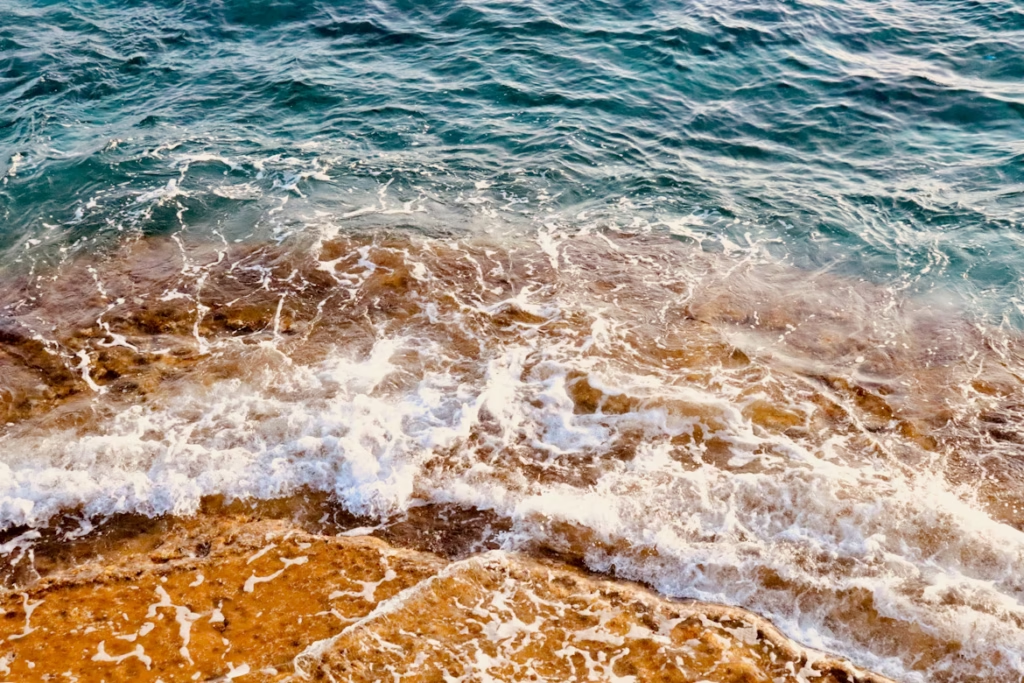
Which Fire Types Can You Use Salt Water On?
You should never use salt water blindly on any fire. Fires come in different classes, and the wrong choice can make the situation worse—or even life-threatening.
Here’s how salt water performs on different types:
- Class A (wood, paper, cloth): ✅ Safe. Salt water can put these out by cooling and smothering the flames.
- Class B (grease, oil): ❌ Unsafe. Water spreads burning oil, making it worse.
- Class C (electrical): ❌ Extremely dangerous. Salt water conducts electricity and can cause shocks.
- Class D (metal fires): ❌ Never use. Metals like magnesium can violently react with water.
- Class K (kitchen grease): ❌ Never use. Reacts dangerously with hot cooking oils.
Why Salt Water is Bad for the Environment
When salt water is dumped onto land, especially after a wildfire, it leaves behind salt residue. This causes long-lasting soil damage, affecting crops, trees, and wildlife.
Here’s what salt water does to plants and ecosystems:
- It draws water away from roots, causing wilting
- It blocks nutrient absorption by creating ionic imbalance
- It damages soil structure, reducing airflow and drainage
- It prevents seed growth, halting reforestation or regrowth
- It kills microbial life, leading to soil erosion and habitat loss
The damage is often worse than the fire itself. That’s why experts avoid using salt water unless the fire is in a place with no vegetation—like roads, rocky areas, or metal structures.
Can Salt Alone Stop a Fire?
Yes, in very small situations. Table salt (sodium chloride) can smother tiny flames, such as a fire on a stovetop or in a frying pan. It works by covering the flame and cutting off oxygen—like sand.
But salt water is not the same. The water content can spread grease or react with electronics, so don’t confuse the two.
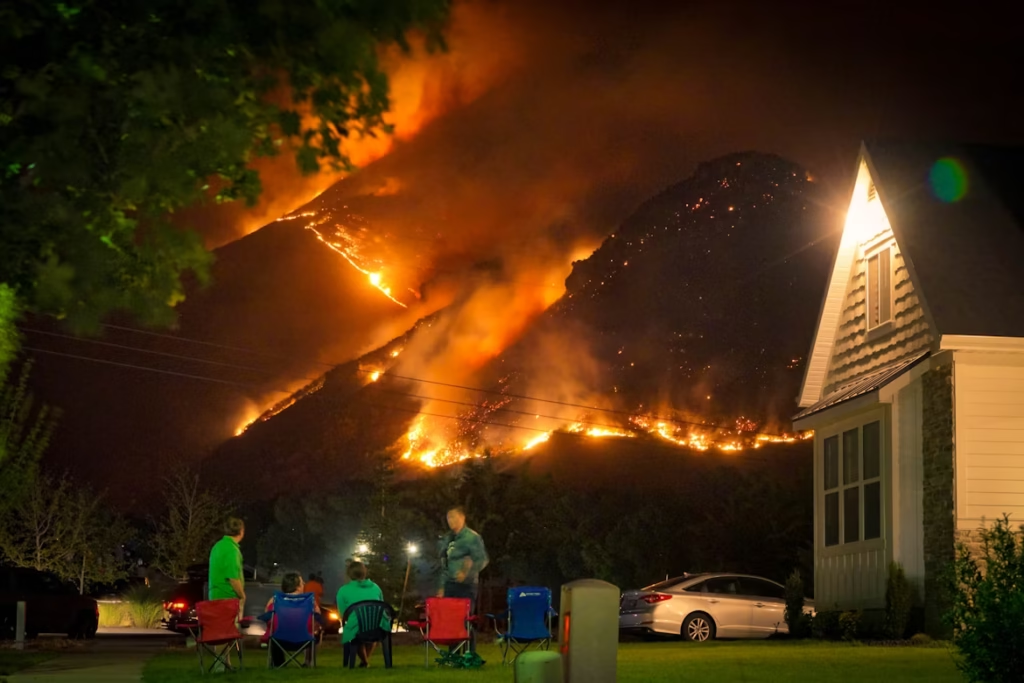
Frequently Asked Questions
Is salt water flammable?
No, but it’s a strong conductor of electricity—so it can be dangerous near electrical outlets.
Can I use seawater in an emergency?
Yes, you can use seawater if you are dealing with a Class A fire and are far from help. Avoid it for grease or electronics.
Why don’t fire departments use ocean water?
Fire departments avoid using ocean water due to its potential for corrosion, environmental damage, and equipment damage. It’s impractical for most cities.
Does salt water kill fires faster than tap water?
No. Tap water usually performs better because it cools faster and doesn’t leave residue.
Final Thoughts
Subsequently, can you use salt water to put out a fire? Yes—but only in specific, controlled situations. While it works against paper or wood fires, it can endanger people, damage ecosystems, and destroy firefighting equipment if used carelessly.
If no freshwater is available, saltwater is better than nothing. However, it should serve as your final option rather than your primary defense.
Share this content:

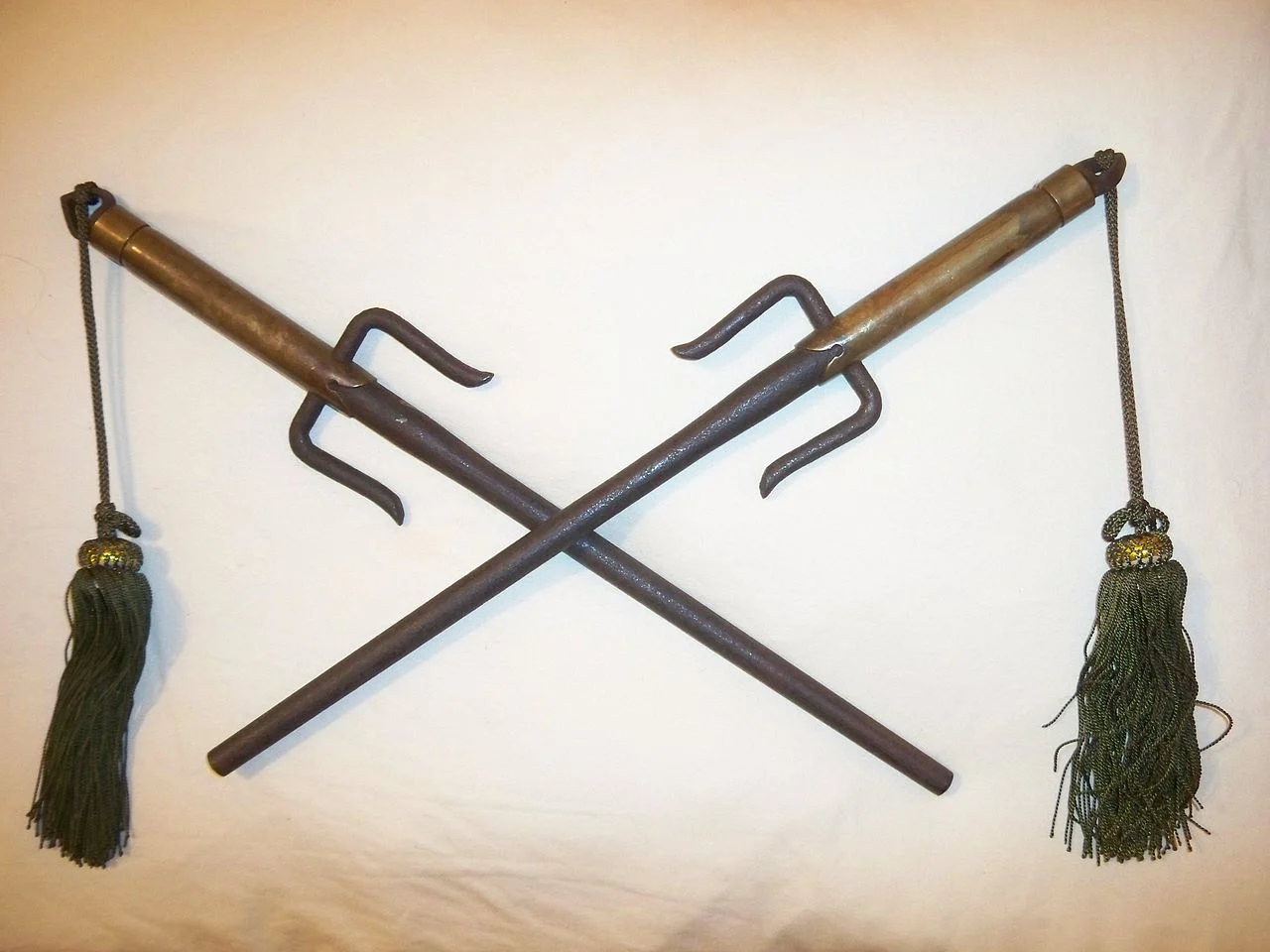
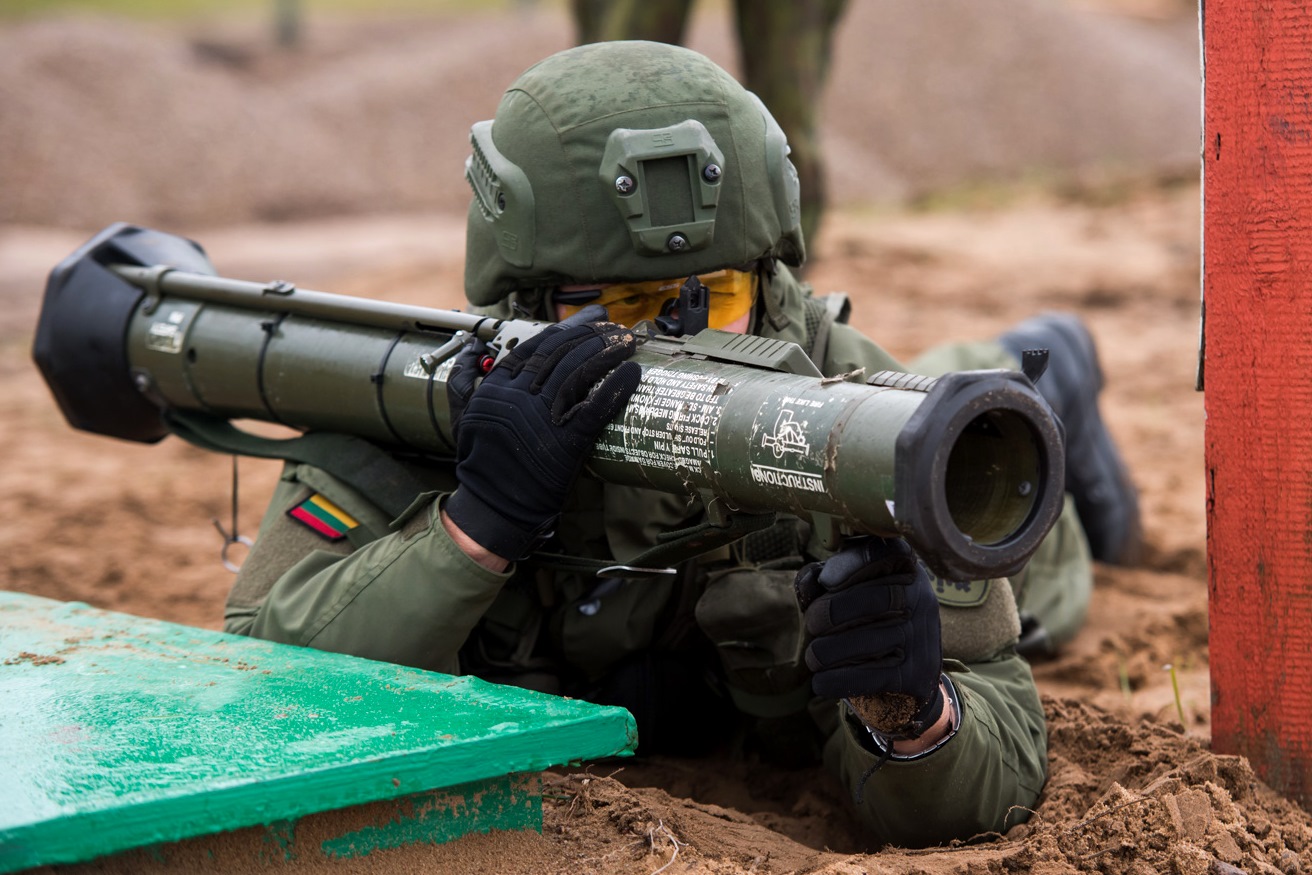


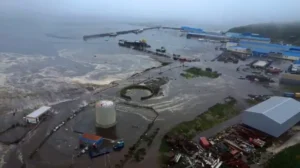
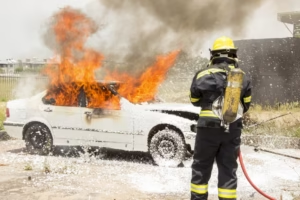


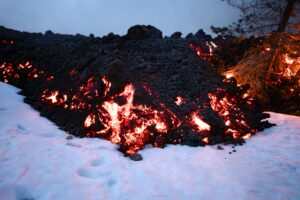



Post Comment
You must be logged in to post a comment.